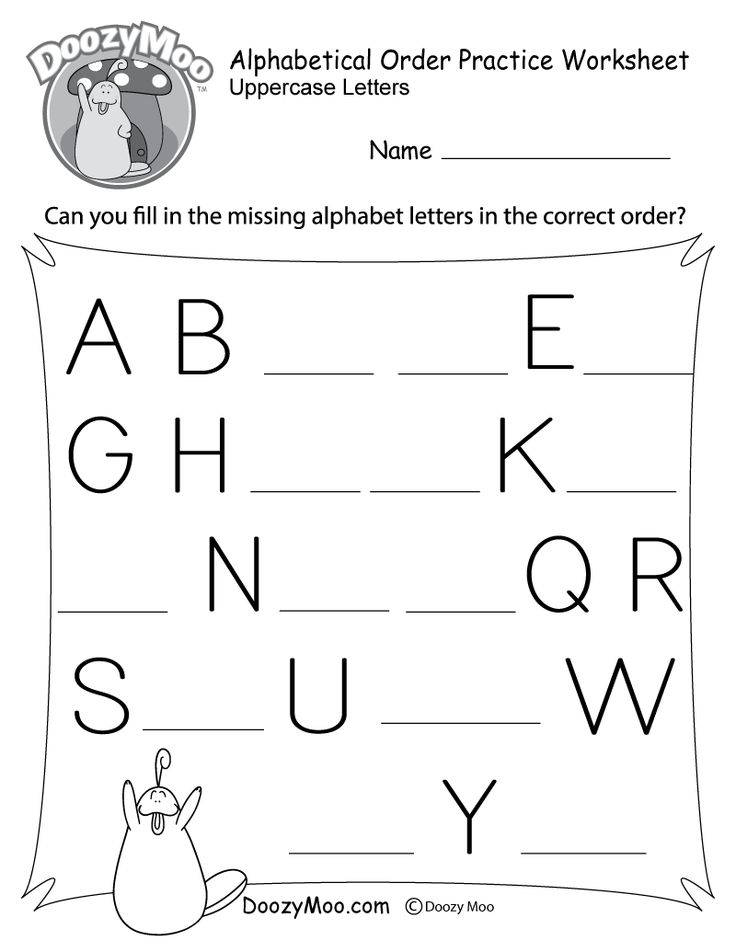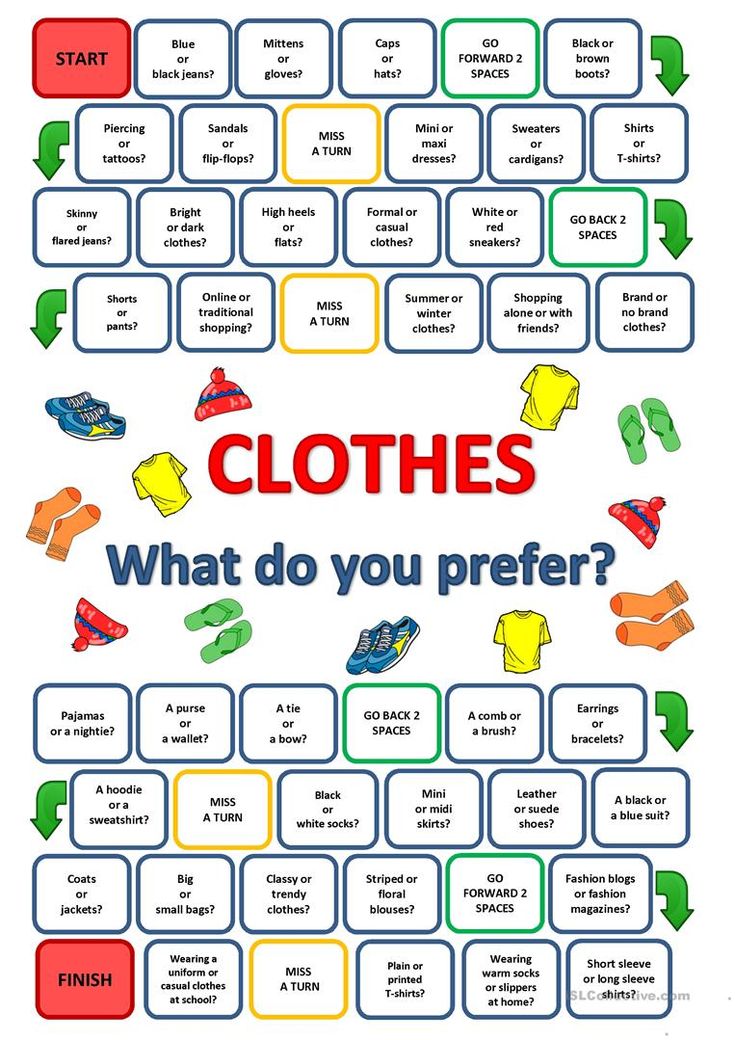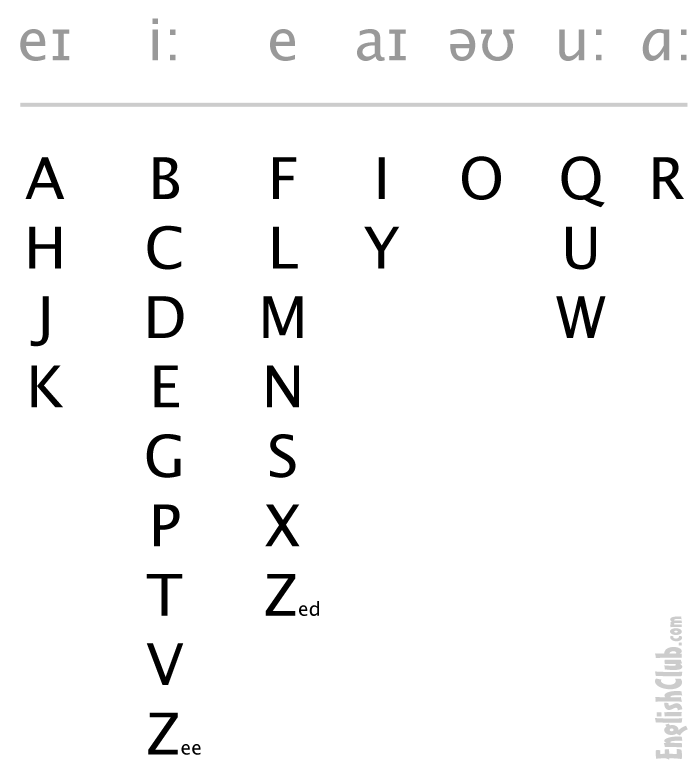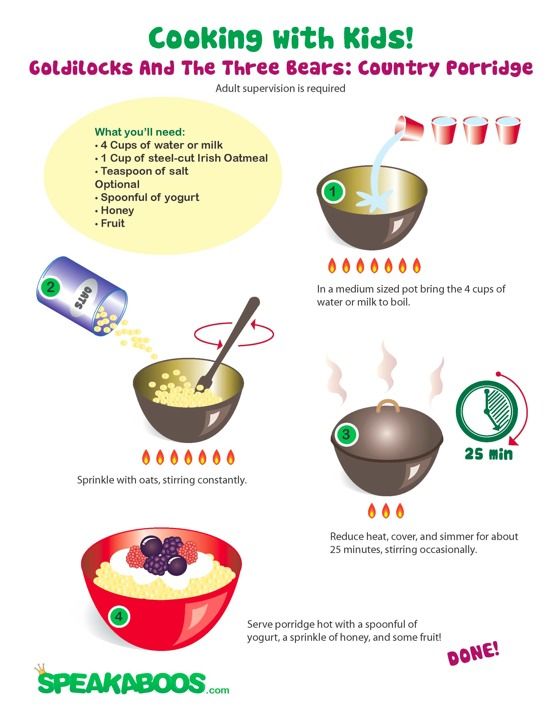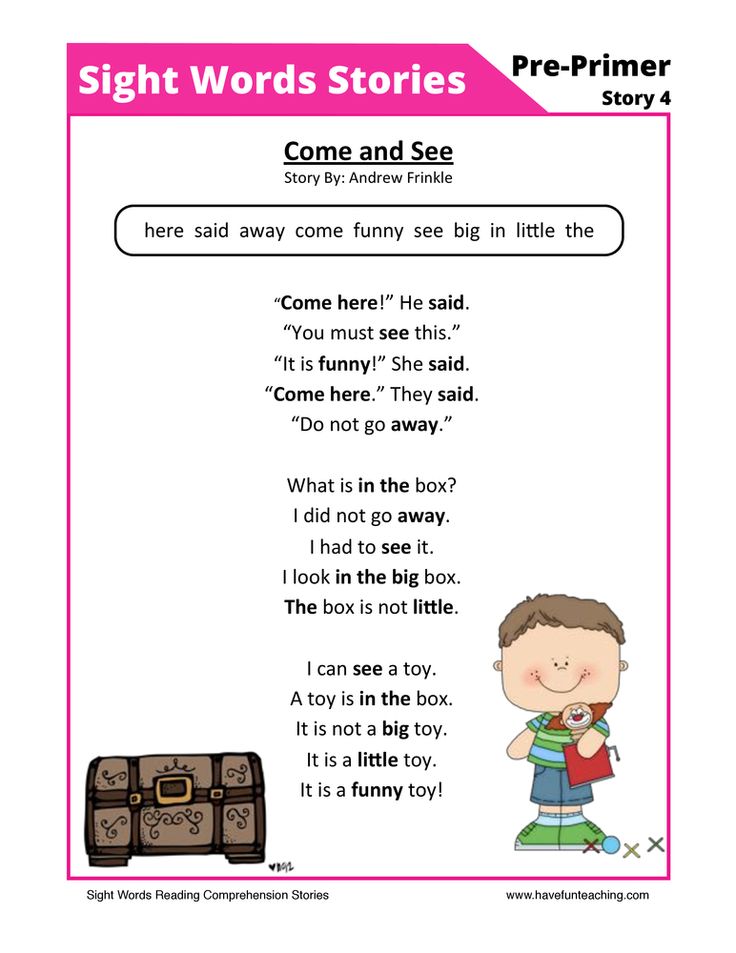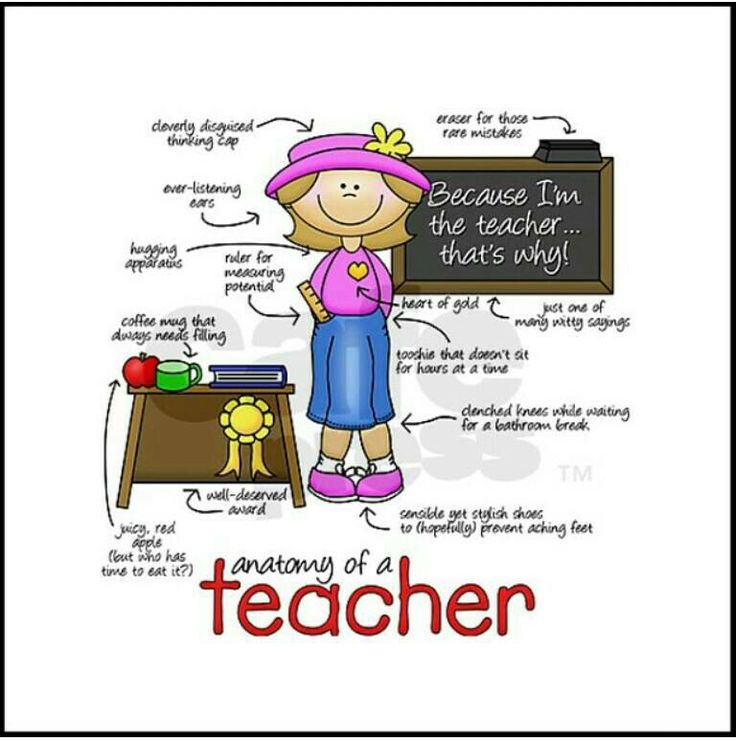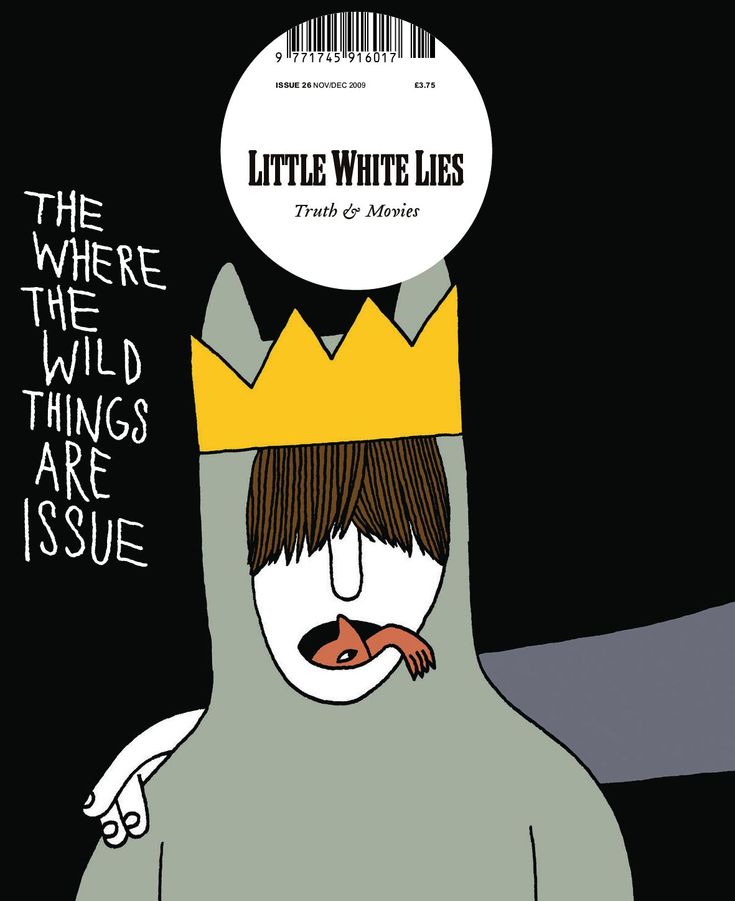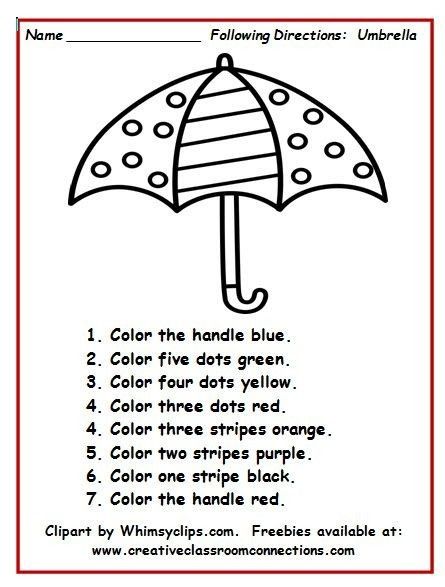Help your child to read
Tips to Help Children Learn to Read
Written by Dayva Segal
In this Article
- Read Out Loud to Your Children
- Other Tips to Help Your Children Learn to Read
- What to Do if Your Child Is Having Trouble With Reading
Reading is an important skill that children will use daily for the rest of their lives. While many children learn to read at school, parents can enhance the experience by offering support at home. This support can begin as soon as your child is born.
Read Out Loud to Your Children
Experts agree that reading out loud to your children is the best way to help them learn to read. Start when your child is a newborn baby and continue throughout childhood. As a baby, your child is primed to learn the skills that will help them learn to read as they get older.
To make reading out loud as effective as possible, make sure to:
- Read age-appropriate books. Babies, for example, enjoy board books that they can touch and play with.
Older children may enjoy "big books" that help them to see differences in words and letters.
- Use silly voices and voice effects. This helps your children to engage with the story and feel excited about reading time.
- Point to words as you read so your child can follow along. Doing this helps solidify the idea that words are where the story comes from.
- Talk about the pictures. Ask your child to name what they see in the pictures and talk about what the images show as it relates to the story.
- Relate the story to life. Show your child how things in the book relate to things that happen in real life.
- Answer questions. If your child asks a question, stop and answer it. That will keep them engaged and interested.
- Read more difficult books. Once your child learns to read, keep reading out loud to them. You can read books that are above their reading level to encourage further improvement in their reading level.
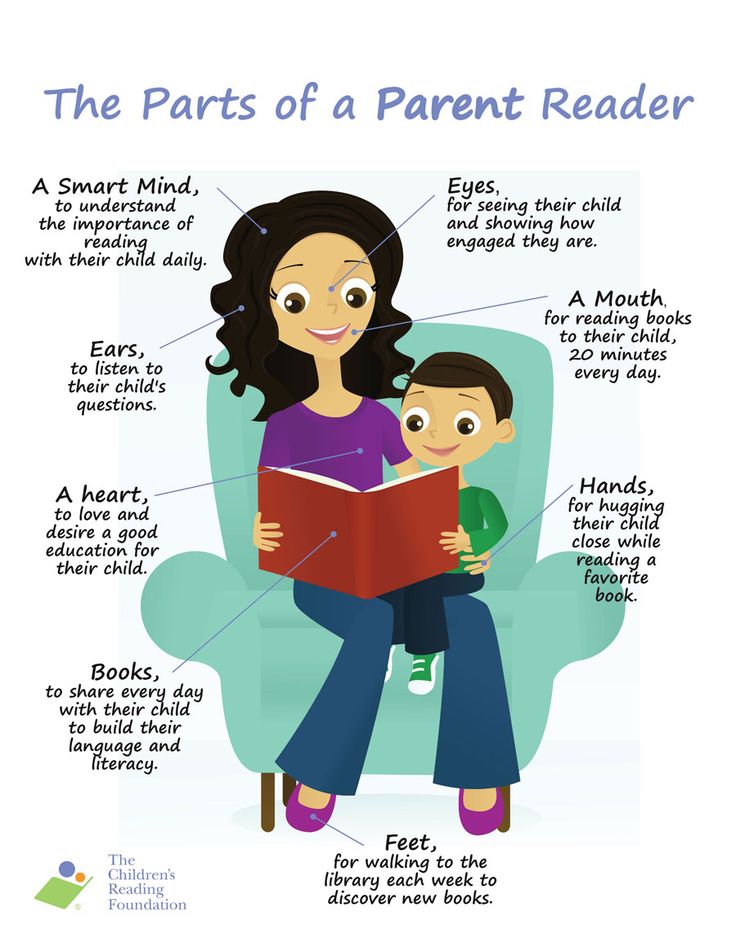
Other Tips to Help Your Children Learn to Read
Besides reading out loud to your children, there are other things you can do to encourage literacy.
- Listen to your child read out loud. Once they learn to read, encourage them to read to you. This helps them build confidence in reading. The goal with reading aloud is for your child to understand the story. So if they need help pronouncing a word, tell them how it's said instead of making them sound it out — that way, they don't lose their place or the meaning of the sentence. If your child accidentally uses a word that doesn't make sense, have them go back and reread the sentence.
- Praise your child's reading. As your child learns reading, offering praise helps them gain confidence.
- Make reading time part of your daily routine. Daily reading time creates a routine that lets your child know reading is part of everyday life. Many families choose bedtime as their preferred reading time.

- Leave books in your kid's bedroom. That way, they can look at them and enjoy them whenever they want.
- Let your child complete sentences. If your child learns the words in their favorite books, let them finish the sentences or "read" the whole book out loud.
- Read books your child likes. This helps them to engage with reading time and enjoy it more.
- Remember, anyone can teach reading. Some parents think that only teachers can teach reading to children. But parents can, too. Reading is an essential life skill.
- Be patient. If your child shows no interest in a book, don't force it. If your child tries to write a word and gets a letter wrong, they still deserve praise. Patience and praise are more helpful for a child's learning to read than getting frustrated or yelling.
- Talk to your children. Exposing your child to new words and language can help their literacy skills.
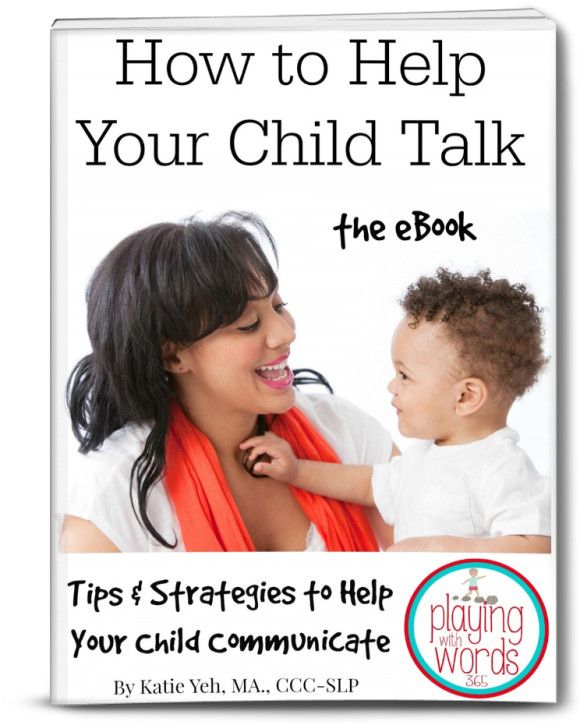 Talking to your baby a lot, for example, can help them become better readers later on.
Talking to your baby a lot, for example, can help them become better readers later on. - Encourage writing. Writing is part of literacy. Provide writing tools like crayons, pencils, and markers. Encourage your child to write, even if it's just scribbling. One idea is to write your child a letter and ask them to write one back.
- Have your child tell you a story and write it down. Ask your child to tell you a simple story. Write it down and then read it back to them while pointing at the words.
- Teach your child phonics. There are countless products available that help children learn the sounds that are associated with letters. This helps them to sound out words as they are learning to read. You can also just use paper and a pencil to help them learn this skill. Research shows that when children don't know phonics, they struggle more with reading.
- Avoid "leveled" reading programs.
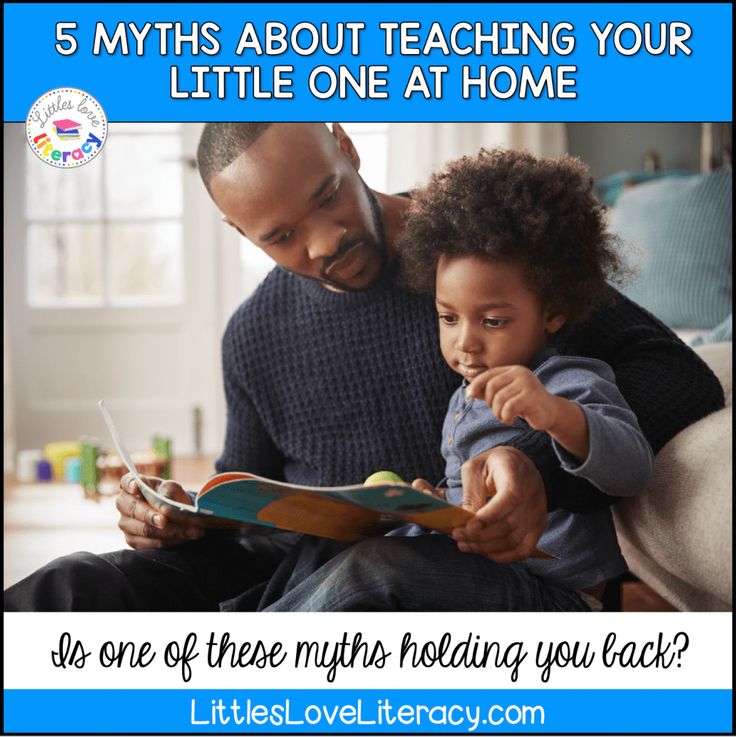 Some people believe that children who get frustrated by reading difficult material will get turned off by reading. But experts say that children learn more when they're exposed to more challenging reading material. Easy-level books often train children to rely on word memorization because they often use the same words over and over. They also train children to rely more on pictures. That can lead to slower reading development. It's best if children are exposed to a variety of challenges in their reading materials.
Some people believe that children who get frustrated by reading difficult material will get turned off by reading. But experts say that children learn more when they're exposed to more challenging reading material. Easy-level books often train children to rely on word memorization because they often use the same words over and over. They also train children to rely more on pictures. That can lead to slower reading development. It's best if children are exposed to a variety of challenges in their reading materials. - Talk to teachers. Ask your child's teachers about their reading program and how they teach literacy. Look for them to include phonics, reading out loud in class, vocabulary, and writing practice.
What to Do if Your Child Is Having Trouble With Reading
If your child's reading is not progressing, you should work with their school to get testing done. That way, you can find out if your child has a learning difficulty or difference, or if it's simply that the reading program in their class doesn't work for them. If your child does get diagnosed with a learning difference, like dyslexia, they're entitled to receive extra services from their school for free.
If your child does get diagnosed with a learning difference, like dyslexia, they're entitled to receive extra services from their school for free.
You can also hire a tutor to help your child improve their reading. Free tutoring may be available for students from low-income families.
At home, provide ongoing emotional support to keep your child from getting discouraged.
11 Ways Parents Can Help Their Children Read
Parents often ask how they can help their children learn to read; and it’s no wonder that they’re interested in this essential skill. Reading plays an important role in later school success. One study even demonstrates that how well 7-year-olds read predicts their income 35 years later!
Here are 11 practical recommendations for helping preschoolers and school-age students learn to read.
1. Teaching reading will only help.
Sometimes, parents are told early teaching is harmful, but it isn’t true. You simply can’t introduce literacy too early. I started reading to my own children on the days they were each born! The “dangers of early teaching” has been a topic of study for more than 100 years, and no one has ever found any convincing evidence of harm. Moreover, there are hundreds of studies showing the benefits of reading to your children when they are young.
I started reading to my own children on the days they were each born! The “dangers of early teaching” has been a topic of study for more than 100 years, and no one has ever found any convincing evidence of harm. Moreover, there are hundreds of studies showing the benefits of reading to your children when they are young.
2. Teaching literacy isn’t different than teaching other skills.
You don’t need a Ph.D. to raise a happy, healthy, smart child. Parents have been doing it for thousands of years. Mothers and fathers successfully teach their kids to eat with a spoon, use a potty, keep their fingers out of their noses, and say “please.” These things can be taught pleasantly, or they can be made into a painful chore. Being unpleasant (e.g. yelling, punishing, pressuring) doesn’t work, and it can be frustrating for everyone. This notion applies to teaching literacy, too. If you show your 18-month-old a book and she shows no interest, then put it away and come back to it later.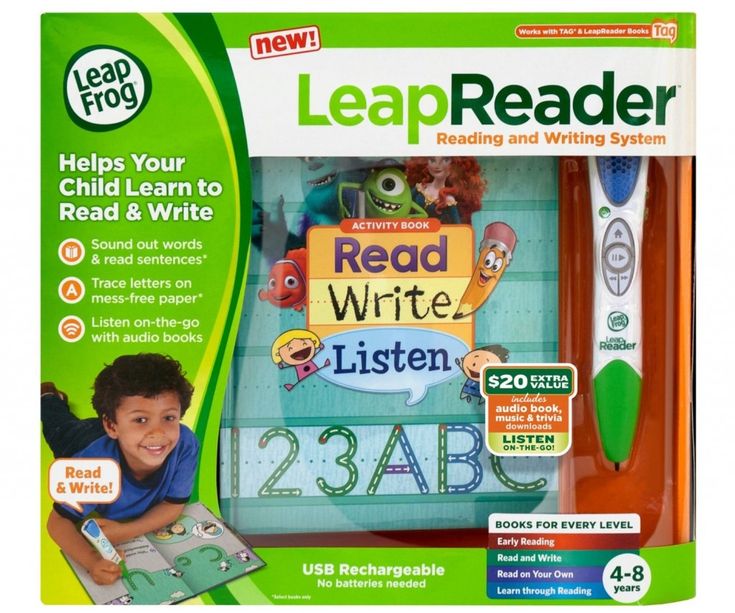 If your child tries to write her name and ends up with a backwards “D,” no problem. No pressure. No hassle. You should enjoy the journey, and so should your child.
If your child tries to write her name and ends up with a backwards “D,” no problem. No pressure. No hassle. You should enjoy the journey, and so should your child.
3. Talk to your kids (a lot).
Last year, I spent lots of time with our brand new granddaughter, Emily. I drowned her in language. Although “just a baby,” I talked — and sang — to her about everything. I talked about her eyes, nose, ears, mouth, and fingers. I told her all about her family — her mom, dad, and older brother. I talked to her about whatever she did (yawning, sleeping, eating, burping). I talked to her so much that her parents thought I was nuts; she couldn’t possibly understand me yet. But reading is a language activity, and if you want to learn language, you’d better hear it, and eventually, speak it. Too many moms and dads feel a bit dopey talking to a baby or young child, but studies have shown that exposing your child to a variety of words helps in her development of literacy skills.
4. Read to your kids.
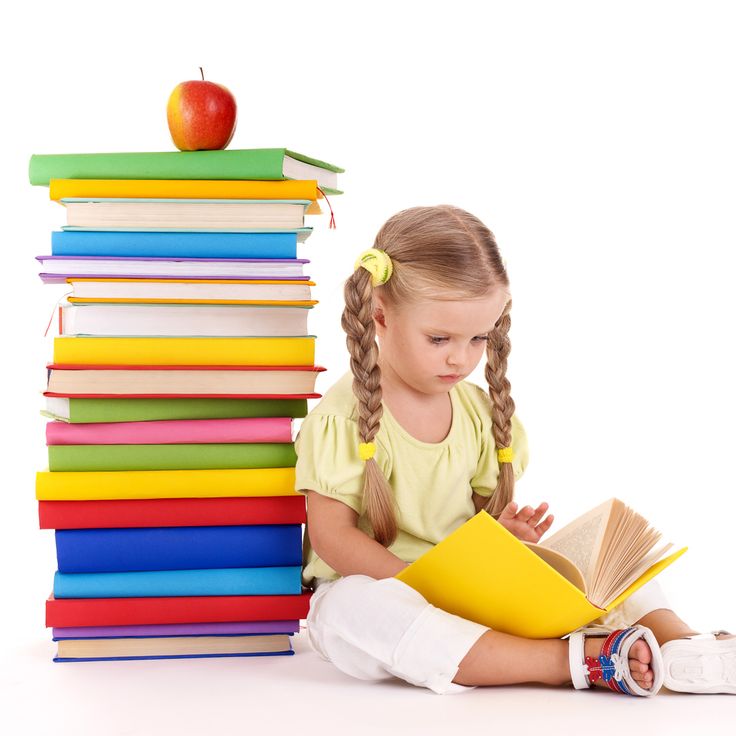
I know everyone says this, but it really is a good idea — at least with preschoolers. One of my colleagues refers to this advice as the “chicken soup” of reading education. We prescribe it for everything. (Does it help? It couldn’t hurt.) If a parent or caregiver can’t read or can’t read English, there are alternatives, such as using audiobooks; but for those who can, reading a book or story to a child is a great, easy way to advance literacy skills. Research shows benefits for kids as young as 9-months-old, and it could be effective even earlier than that. Reading to kids exposes them to richer vocabulary than they usually hear from the adults who speak to them, and can have positive impacts on their language, intelligence, and later literacy achievement. What should you read to them? There are so many wonderful children’s books. Visit your local library, and you can get an armful of adventure. You can find recommendations from kids at the Children’s Book Council website or at the International Literacy Association Children's Choices site.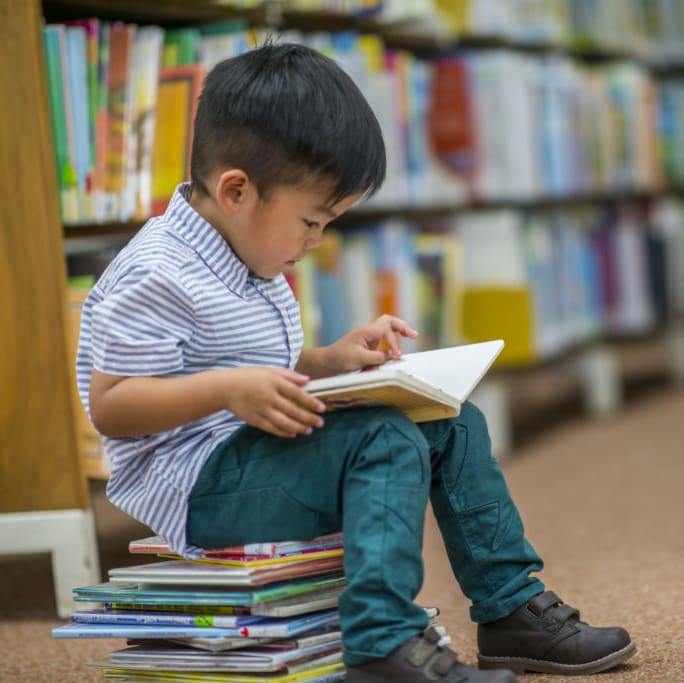 [Reading Rockets also provides guidance and lots of themed booklists in our Children's Books & Authors section.]
[Reading Rockets also provides guidance and lots of themed booklists in our Children's Books & Authors section.]
5. Have them tell you a “story.”
One great way to introduce kids to literacy is to take their dictation. Have them recount an experience or make up a story. We’re not talking “Moby Dick” here. A typical first story may be something like, “I like fish. I like my sister. I like grandpa.” Write it as it is being told, and then read it aloud. Point at the words when you read them, or point at them when your child is trying to read the story. Over time, with lots of rereading, don’t be surprised if your child starts to recognize words such as “I” or “like.” (As children learn some of the words, you can write them on cards and keep them in a “word bank” for your child, using them to review later.)
6. Teach phonemic awareness.
Young children don’t hear the sounds within words. Thus, they hear “dog,” but not the “duh”-“aw”- “guh.” To become readers, they have to learn to hear these sounds (or phonemes).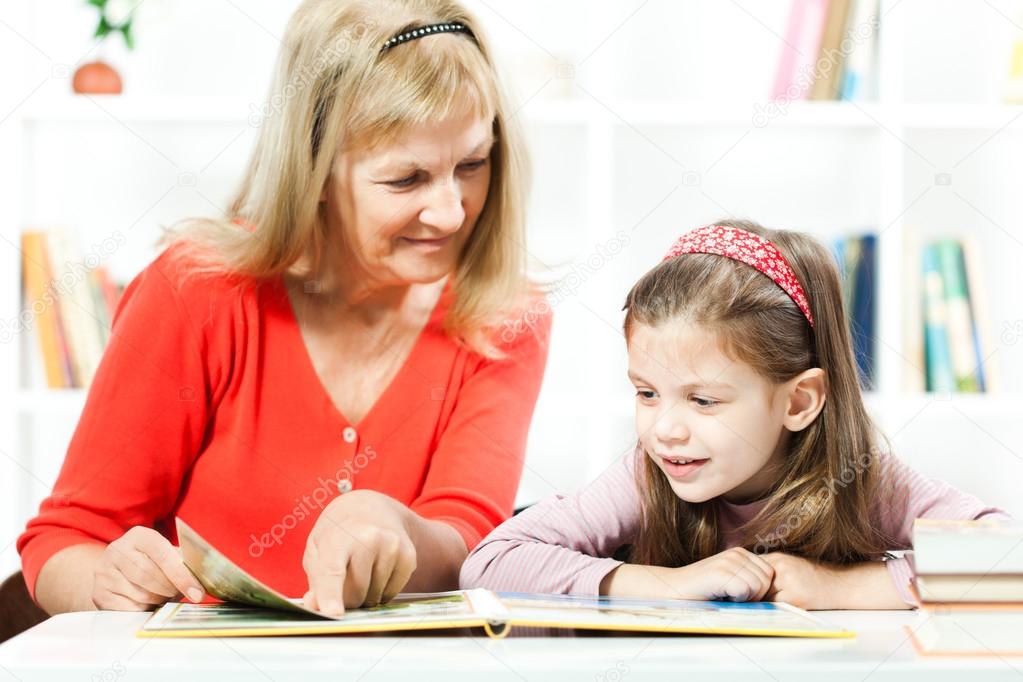 Play language games with your child. For instance, say a word, perhaps her name, and then change it by one phoneme: Jen-Pen, Jen-Hen, Jen-Men. Or, just break a word apart: chair… ch-ch-ch-air. Follow this link to learn more about language development milestones in children.
Play language games with your child. For instance, say a word, perhaps her name, and then change it by one phoneme: Jen-Pen, Jen-Hen, Jen-Men. Or, just break a word apart: chair… ch-ch-ch-air. Follow this link to learn more about language development milestones in children.
7. Teach phonics (letter names and their sounds).
You can’t sound out words or write them without knowing the letter sounds. Most kindergartens teach the letters, and parents can teach them, too. I just checked a toy store website and found 282 products based on letter names and another 88 on letter sounds, including ABC books, charts, cards, blocks, magnet letters, floor mats, puzzles, lampshades, bed sheets, and programs for tablets and computers. You don’t need all of that (a pencil and paper are sufficient), but there is lots of support out there for parents to help kids learn these skills. Keep the lessons brief and fun, no more than 5–10 minutes for young’uns. Understanding the different developmental stages of reading and writing skills will help to guide your lessons and expectations.
8. Listen to your child read.
When your child starts bringing books home from school, have her read to you. If it doesn’t sound good (mistakes, choppy reading), have her read it again. Or read it to her, and then have her try to read it herself. Studies show that this kind of repeated oral reading makes students better readers, even when it is done at home.
9. Promote writing.
Literacy involves reading and writing. Having books and magazines available for your child is a good idea, but it’s also helpful to have pencils, crayons, markers, and paper. Encourage your child to write. One way to do this is to write notes or short letters to her. It won’t be long before she is trying to write back to you.
10. Ask questions.
When your child reads, get her to retell the story or information. If it’s a story, ask who it was about and what happened. If it’s an informational text, have your child explain what it was about and how it worked, or what its parts were. Reading involves not just sounding out words, but thinking about and remembering ideas and events. Improving reading comprehension skills early will prepare her for subsequent success in more difficult texts.
Reading involves not just sounding out words, but thinking about and remembering ideas and events. Improving reading comprehension skills early will prepare her for subsequent success in more difficult texts.
11. Make reading a regular activity in your home.
Make reading a part of your daily life, and kids will learn to love it. When I was nine years old, my mom made me stay in for a half-hour after lunch to read. She took me to the library to get books to kick off this new part of my life. It made me a lifelong reader. Set aside some time when everyone turns off the TV and the web and does nothing but read. Make it fun, too. When my children finished reading a book that had been made into a film, we’d make popcorn and watch the movie together. The point is to make reading a regular enjoyable part of your family routine.
Happy reading!
Sources:
Ritchie, S.J., & Bates, T.C. (2013). Enduring links from childhood mathematics and reading achievement to adult socioeconomic status.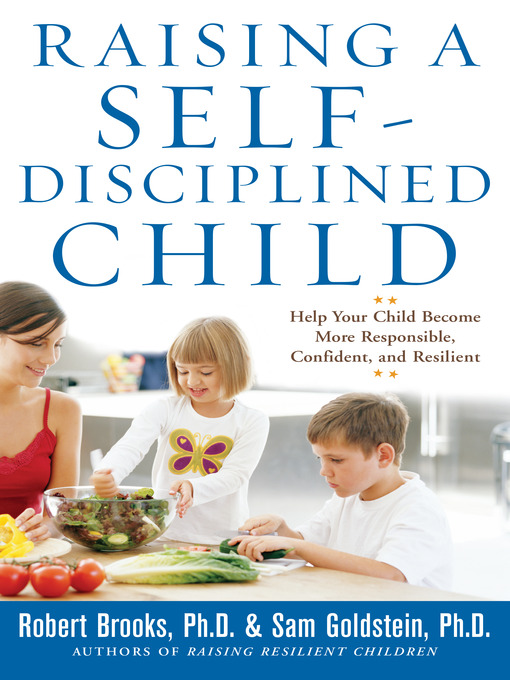 Psychological Science, 24, 1301-1308.
Psychological Science, 24, 1301-1308.
Karass J., & Braungart-Rieker J. (2005). Effects of shared parent-infant reading on early language acquisition. Journal of Applied Developmental Psychology, 26, 133-148.
Read online “How to stop bullying? Help your child cope with offenders on the Internet and at school”, Andrew Matthews – Litres
Series “Psychology. Happiness according to Matthews»
Book «Live easy».
Beautifully illustrated with funny drawings, this book is about finding your place in life, enjoying your work, getting what you want and living happily no matter what.
Andrew Matthews is an Australian psychologist, artist, and writer. His bright, witty and profound books about a positive attitude towards life, achieving success and prosperity have been translated into 35 languages and have become bestsellers in many countries around the world.
The book "Happiness Here and Now" is about how to develop your own life philosophy that will help you enjoy life every minute, find happiness in love, make a stunning career, achieve prosperity, live in harmony with yourself and the world.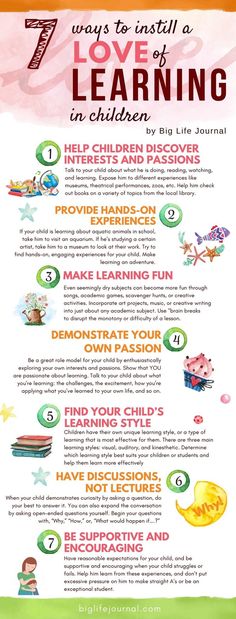
Andrew Matthews gives clear and unobtrusive recommendations, gives compelling and insightful examples of successful and happy people.
In Happiness in Hard Times talks about how how to become happy and successful , despite any negative circumstances, personal problems and complexes.
Different aspects of life are considered: love, family, friendship, health, career, material well-being.
And for each, clear, witty, non-standard advice is given .
All recommendations are accompanied by real stories .
The book “Let's break through! How to deal with problems" is addressed to teenagers aged 12-16, but it will also be of interest to their parents. In the author's natural manner, the main problems of adolescence are discussed, useful and unobtrusive recommendations are given. Inimitable humor and magnificent illustrations.
Stop Them! is addressed to teenagers and to their parents . The problem to which it is devoted can frighten and shock, but it cannot be ignored. It's the problem of bullying , humiliation and insults among teenagers , which sometimes lead to fatal consequences. The book details what teenagers and their parents need to do in different situations - from "innocent" insults to persecution that threatens the life and health of a child.
The problem to which it is devoted can frighten and shock, but it cannot be ignored. It's the problem of bullying , humiliation and insults among teenagers , which sometimes lead to fatal consequences. The book details what teenagers and their parents need to do in different situations - from "innocent" insults to persecution that threatens the life and health of a child.
Light language and no moralizing, only a frank conversation about what worries everyone.
The book “Happiness. Short Course is a great gift for your loved ones! Wise, life-affirming, witty advice and great drawings.
Be happy today and forever!
Reader reviews
I'm delighted! An exceptionally useful book and very easy to read. It provides numerous examples and tells which methods are applicable and which are not. I also really liked that you gave examples of possible dialogues between the aggressor and the victim.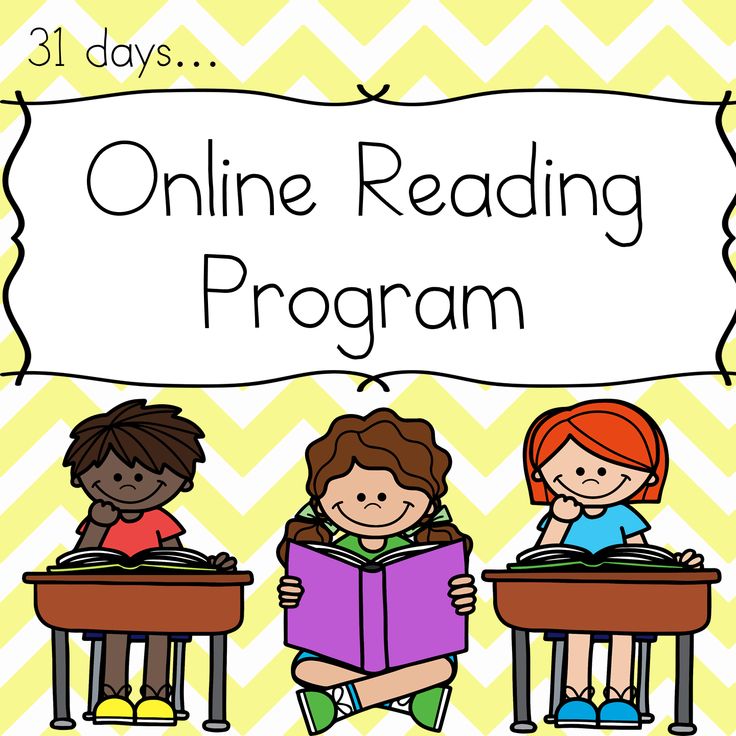 I would have had this book in my hands about twenty years ago! Oh, I would then deal with my tormentors in a completely different way! Everything in the book is spot on!
I would have had this book in my hands about twenty years ago! Oh, I would then deal with my tormentors in a completely different way! Everything in the book is spot on!
Dr. Donna Robinson, Pennsylvania, USA
Reading this book brings tears to your eyes. This is a signal that it is time for us to wake up from sleep and start taking some positive action. One of the best teenage bullying books I've ever read. A must-read for both “victims”, and their tormentors, and bystanders, and parents of teenagers.
Shahrin Kamaluddin,Executive Director, Personal Empowerment Training & Consulting, Malaysia
Fresh... you're getting to the root causes of bullying among teenagers. You demonstrate the full range of factors inherent in the phenomenon of teen bullying. It's not just about self-esteem and the use of brute force, but also about the state of our culture, parenting practices, and levels of self-respect and respect for others.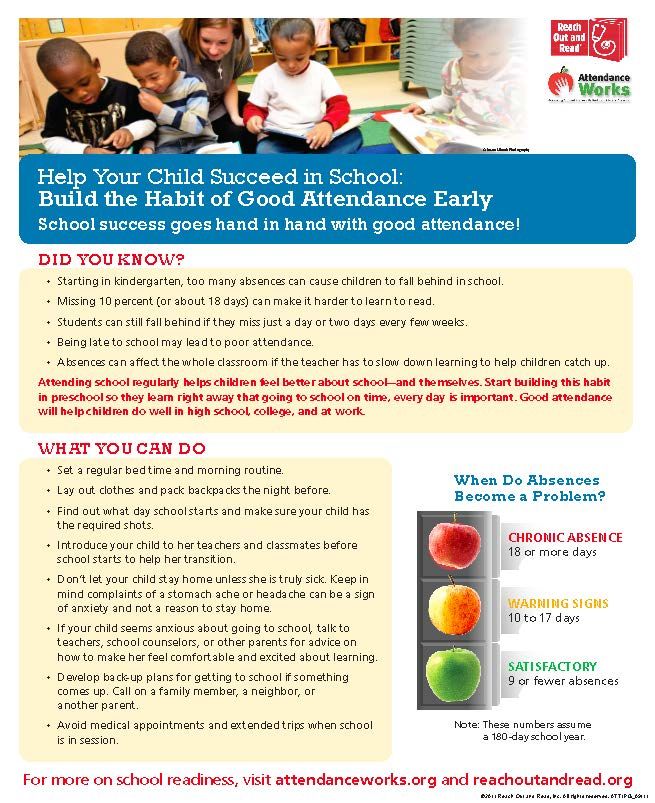 For the past 20 years, I have been recommending your books not only to my patients, but also to their families.
For the past 20 years, I have been recommending your books not only to my patients, but also to their families.
Walter Kiris, psychologist, Sydney, Australia
I am a pediatrician and I have three children - 5, 6 and 11 years old. I was the youngest and smallest in my class and therefore received my dose of school bullying. After reading your book, I vowed to no longer be a passive observer. Everything that I have learned from your book will be especially useful to me in light of the fact that my children, too, can become victims of psychological violence from their peers.
Jocelyn Illaya, MD, Philippines
Julia and Andrew, thank you! It was thanks to your book that I was able to better understand how real and urgent this problem is. This book should be read by all parents, whether they think it has anything to do with their children's lives or not.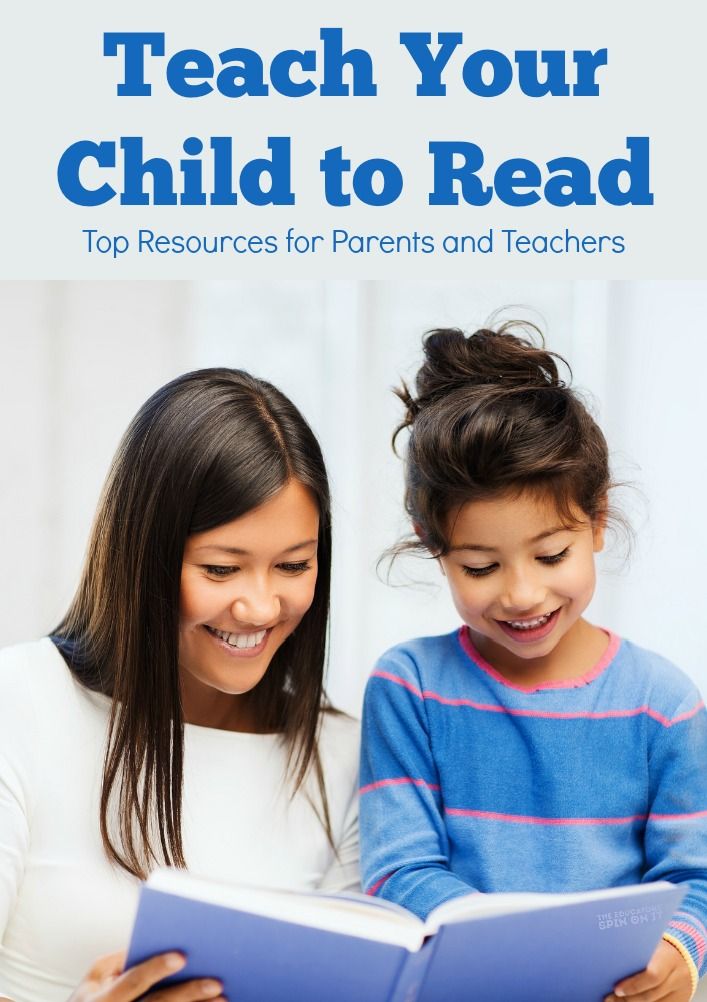 And in school groups, all children should understand how important their role is in stopping the bullying of some teenagers over others.
And in school groups, all children should understand how important their role is in stopping the bullying of some teenagers over others.
Janita Skennar, Australia
I was in complete darkness, but your books have become a ray of light for me. They changed me and my outlook on life. Now your books have become a kind of bible for me ... I want to express my TRUE, DEEPEST GRATITUDE to you for everything that you are trying to convey to us in them.
Munsan Choi, Korea
Your books have made me more confident, smarter, calmer, more motivated to achieve, and the list of "more" goes on and on. Thank you very much, Andrew Matthews!
Predrag Ivanovic, Serbia
Your books do wonders. I hated myself for constantly failing my exams. I had a hard time meeting people and making friends. Now my life has changed, and I cannot express my happiness in any words.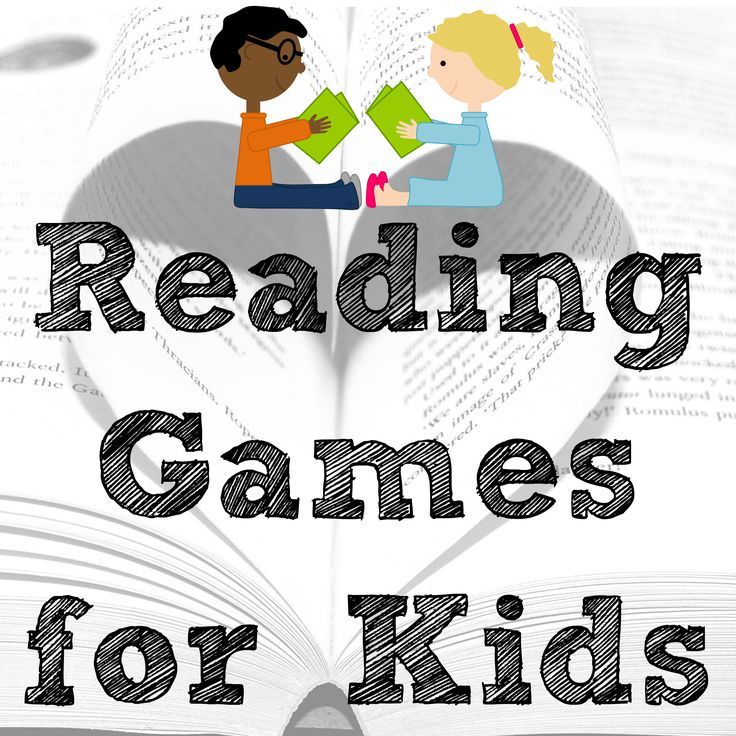 Thank you.
Thank you.
Nguyen Duc Anh Hanh, Vietnam
Andrew, I have never read anything better than your books in my life!!! Moreover, I do not get tired of re-reading them again and again, and every time, thanks to them, I feel just wonderful!!!
Miles Oldham, Cuba
How this book was born
In 2009, my wife (and at the same time my publisher Julia) heard the stories of Allem Halkich and Richard Plotkin and said to me: “Andrew, something needs to be done . We need to write a book that would help put an end to all this bullying.” From that moment, Julia became the main driving force behind this project. For the sake of its successful completion, she conducted research, did not get off the phone, jumped on a plane and flew to interview the people mentioned in this book ... of course, and we wrote this book, one sentence after another, also together.
My dear Julia, thank you again.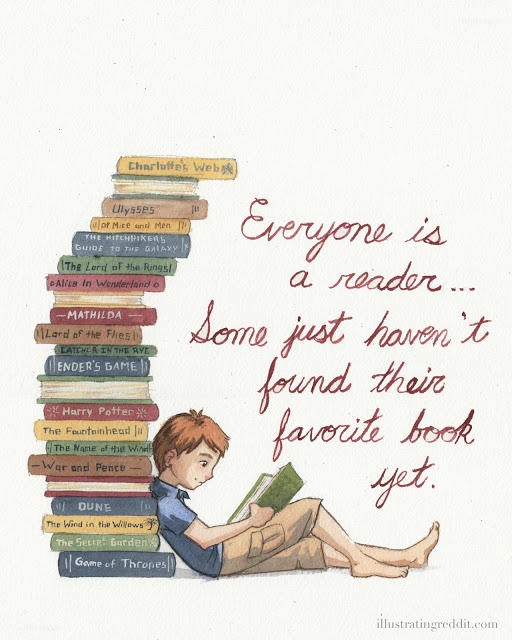 You are a true inspiration. You are my muse.
You are a true inspiration. You are my muse.
Andrew Matthews
Acknowledgments
Thanks to the Victoria Police Department for their support and permission to tell the story of Richard Plotkin in this book. Thanks to the Arson and Explosive Crime Unit and personally to its leader, Sergeant Scott Barnes. Sergeant Barnes and his staff did everything possible to collect evidence and punish those responsible for the attack on Richard Plotkin.
Thanks to Vicki Vassilopoulos of the Victorian Police Department for her tireless help, professionalism and willingness to answer all of our questions.
Thanks to Leon O'Brien and Sally Gibson of the Public Advocacy Office for taking the time to provide us with critical information about the Richard Plotkin case.
Thanks to Julia Schembri of Schembri & Co.
Dina and Ali Chalkic, thank you for the long hours spent with us. You inspired us with your love, determination and courage.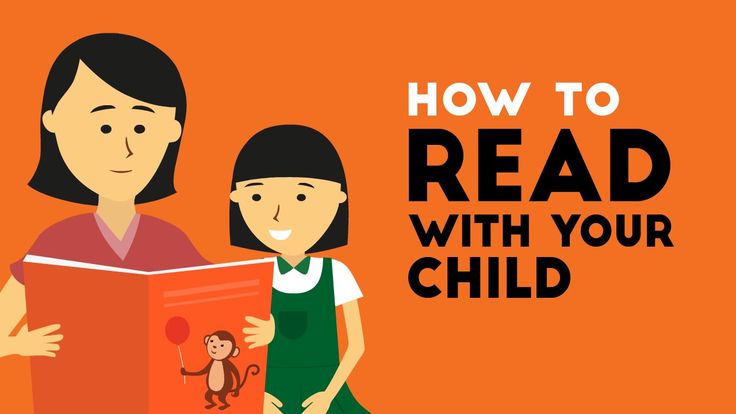
Thanks to Gordon Keene for his open and sincere account of himself.
Thanks to Tori Matthews-Osman for sharing her experience of suffering.
Thanks to Michelle Street for help with data collection and editing.
For many contributions to this book, we thank Stan Davis, Michelle Elliot, Cathy Jarvis, Helen Pelev, and Maryjane and Carlo Chiarotto. Thanks for the advice and your generosity. Thank you for responding quickly to emails and phone calls when we needed your help. Jane Thomas, we thank you again and again for your help.
Thank you for your support and assistance to Executive Secretary of Who Magazine and Brisbane Radio 97.3FM host Robin Bailey.
Thanks to everyone who sent us stories from their lives. They taught us a lot. There just wasn't enough space in the book to use them all! We also want to thank our readers. Thank you for 20 years of constant support and for your daily letters that inspire us to new achievements.
Julia M.Matthews, publisher
He was driven to suicide
Cyberstalking: Dina and Ali Halkich tell the story of their son Allem
On Wednesday, February 4, 2009, everything was as usual. Our son Allem had dinner with us, and then with his friend Thanm went to their mutual girlfriend Monica. They stayed with her all evening, teaching her younger sisters to play cards.
Allem returned home at half past ten in the evening and asked my wife Dina:
– What do we have for dinner tomorrow?
“Everything is ready and already in the refrigerator,” Dina answered.
Allem was cheerful and serene. He, as usual, grabbed a bag of chips and a can of cola and locked himself in his room.
At midnight we heard that he was still sitting at the computer. At some point, I was ready to go to him and say that “it’s time to turn everything off, because you have to go to school tomorrow,” but everything seemed to calm down with him, and Dina and I calmly fell asleep.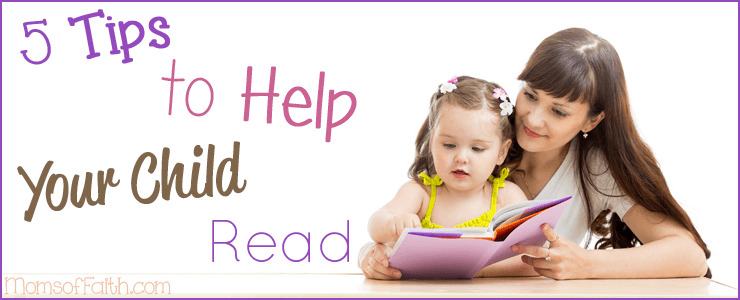
The next morning we woke up at half past seven to find that the door to his room was open. There was no one in the room, but there was a note on the bed, from which it followed that Allem had gone to Westgate Bridge.
Confused, frightened and dumbfounded, we called all his friends and associates. Nobody knew anything. Then we called the police.
The police called back at 7.15. They asked if Allem had an insulin pump with him…and what color it was. We immediately knew that something bad had happened.
At 7.30 a police car drove up to our house, but the officers sitting in it did not leave for a long time. It was clear that they were trying to delay the moment of speaking with us. We stood at the front door. Dina grabbed me with a death grip.
– Is our son alive? I asked the policemen.
“We're sorry, Mr. Halkich,” they said, “but he's dead.
Allem's body was found near the bridge. I can't describe what I felt at that moment. It felt like some part of my soul had died.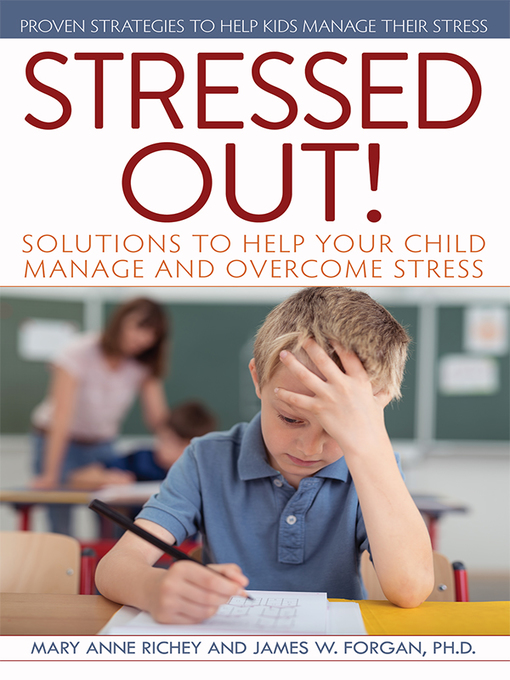
Allem was our only child, we could not get enough of him. He was a smart, emotional, unusually compassionate guy. He had a lot of friends, and he often brought them to our house - to eat, listen to music, or even just relax and chat.
Allen loved Metallica, never let go of his beloved iPod, played the guitar well and played poker with pleasure. He loved it when Dina cooked her signature potato pancakes.
We were a very strong and absolutely happy family. Our whole life revolved around Allem and his friends ... we thought we knew almost everything about his life and participated in it as much as parents could.
But after this incomprehensible and completely incomprehensible tragedy for us , we wondered: “Is there really something going on in his life that we had no idea about?”
Allem in cyberspace
Allem loved to sit at his laptop and chat with friends. Often, 10-15 people were in touch with him at the same time, and sound signals accompanying the messages received were heard from the room every now and then.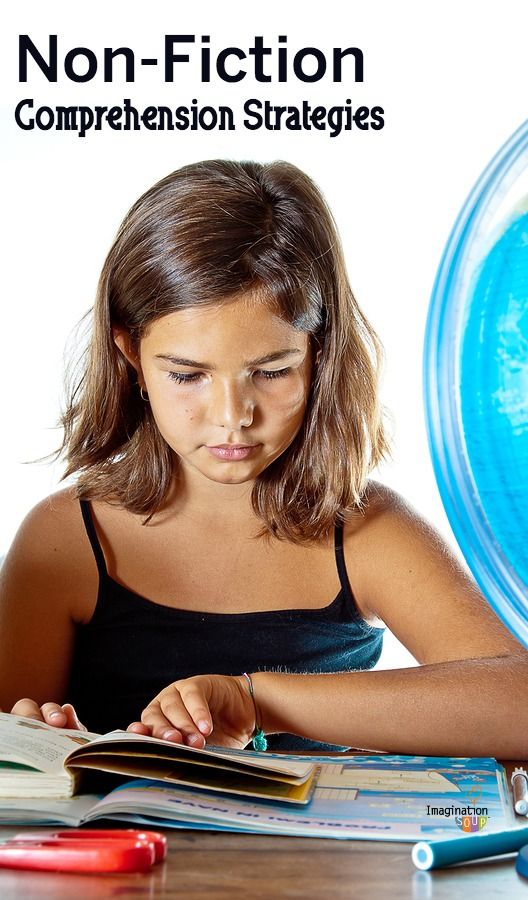 Once I went to him and asked:
Once I went to him and asked:
- Allem, what are these windows popping up on your screen all the time?
“These are all my friends,” he explained.
- How do you manage to talk to so many people at once? I asked.
“Yes, we all do it,” he smiled, shrugging his shoulders.
And we always thought: “Our son is next to us, in his room. And that means he's completely safe. After all, nothing terrible can happen to him while he is under the roof of his own home.
In December 2008, Allem had an argument with one of his friends. This guy, three years older than Allem, was making offensive remarks about one of their mutual friends. A small quarrel turned into a serious conflict.
Allem began to receive text messages and threatening emails: “ You only know how to show off, and I guarantee you that I will send you to the hospital, just get caught by me ...”, “Don't be surprised if something happens to you soon. You ran into the wrong person .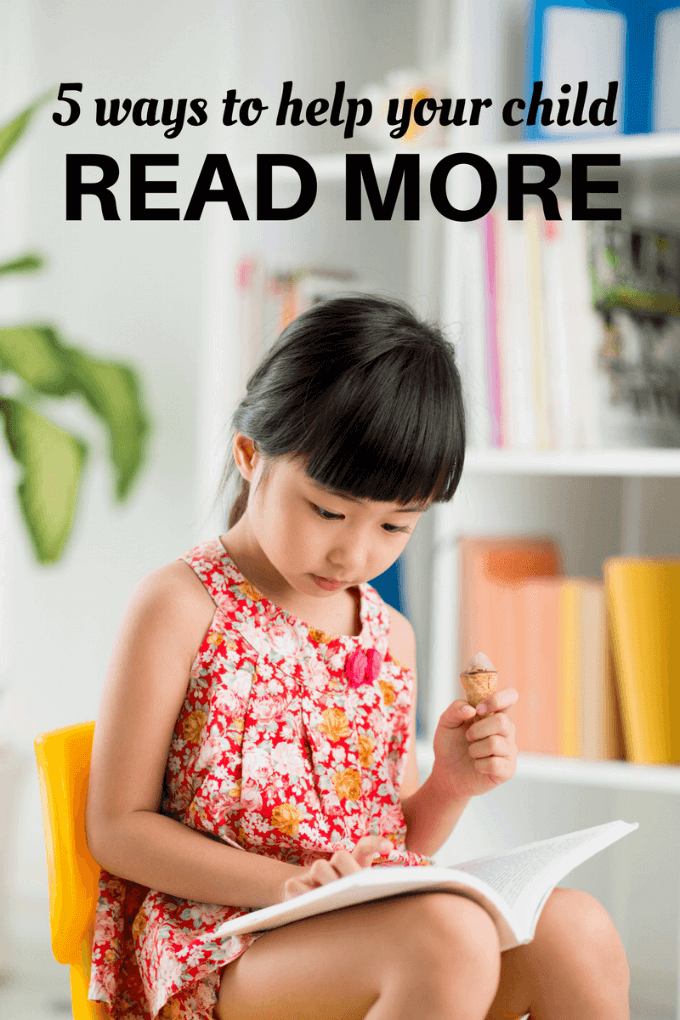 .. it's time to pay off ... "," If you see a white car with a "chandelier" on the roof rushing at you, know it's me ... ". And in these messages there were threats to involve well-known criminal groups and street gangs in the "showdown".
.. it's time to pay off ... "," If you see a white car with a "chandelier" on the roof rushing at you, know it's me ... ". And in these messages there were threats to involve well-known criminal groups and street gangs in the "showdown".
This guy began to bombard Allem's friends with mass mailings, urging them to unite against him and "together crush him like a rotten dog."
In total, Allem received more than 300 threatening messages on his phone and laptop. They didn't leave him alone for even a minute.
“We heard,” says Dina, “that Allem is constantly typing on the keyboard, but we couldn’t imagine what was happening to him online. We did not even imagine that he, unhappy, was fighting for his life all this time! He never gave any sign that he was having any difficulties, and we certainly did not see a single hint that he might commit suicide. Later, his friend Kane said these words about him: “Allem could not stand conflict situations. And it was quite in his nature not to say anything to his friends, so as not to disturb them with his problems .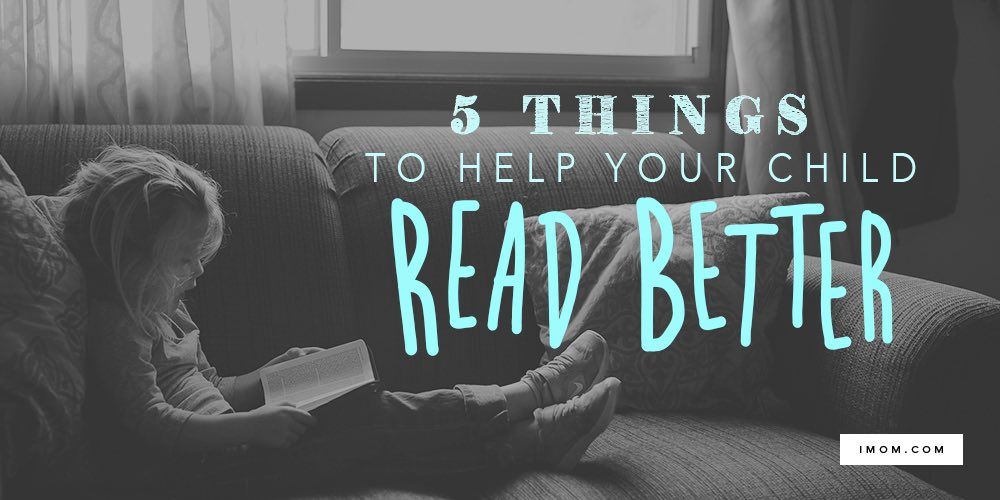 .. there was not a drop of evil in him.
.. there was not a drop of evil in him.
The Future Allem Never Seen
During the Christmas holidays in 2008, Allem took a job as a sorter for an international mail delivery and logistics company for a couple of weeks. Then I saw that on the door of his room was stuck a barcode from those that are pasted on parcels.
“Dad, he will remind me every day why I shouldn’t leave school,” Allem explained with a grin.
Dina and I were proud of his success. Allem went to college. I chose a car for him. Allem dreamed of becoming a chef and traveling the world on a luxury sea cruise ship.
We were so happy when Allem was born. I can't express how happy you feel holding a newborn baby in your arms. And it was impossible even to imagine that in 17 years you would be hugging the same child… only all the bones in his body would be broken. It is impossible even to think that in 17 years you will bury your child... and never see him again.
Eight hundred people came to Allem's funeral.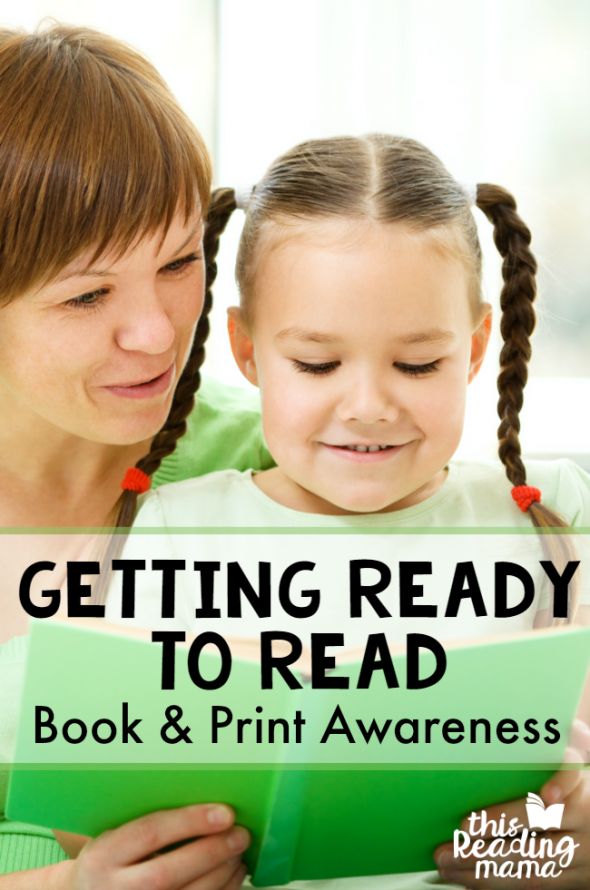
Curse of Suicide
It's been three years since our boy fell victim to cyber harassment. But for Dina and me, every second of life turned into torture. A gaping hole appeared in my heart, throbbing with physical pain. Every night I hope I don't wake up in the morning. The worst is when the weekend comes.
I see parents with a four-year-old child in the park or in the supermarket and I remember what Allem was like at 4 years old. I rejoice for these parents ... for the fact that they are together with their child. I stop and watch their child play, and they are probably looking at me, wondering: “What is he staring at, I wonder?”
I see teenagers on the street... and I think about Allem. One of his friends dressed like him and wore the same hairstyle. He often came to us, even after the death of Allem. He's a great guy... but every time I saw him, everything inside me turned upside down. Those who have not lost their children will probably never be able to understand this.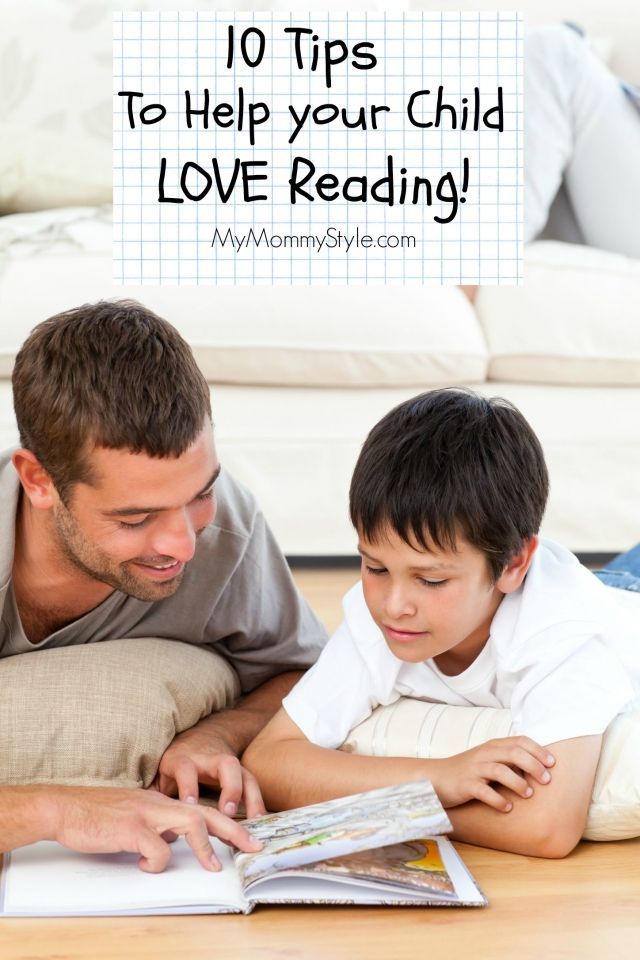
I bend down to tie my shoelaces and remember how I tied little Allem's shoelaces. Everything that happens in my life reminds me of him.
Each person has their own smell. Our children have their own scent... and it hovered in Allem's room. Having lost our son, Dina and I would come into the room and just sit there for a long time to feel this aroma. The smell lingered for another six months, and this helped us a lot. In such situations, you have to grasp at any straw.
Having lost a child, you begin to do meaningless things, because the meaning leaves life itself. Dina still cooks dinner for Allem every evening. She washes his clothes weekly. And every day I go to work with a briefcase that still contains all of Allem's things found at the place of his death ... and even the autopsy report. Allem's whole life now fits in my briefcase.
We go to his grave three, four, five times a week. Do we feel better when we come to the cemetery? Yes... no... I don't know.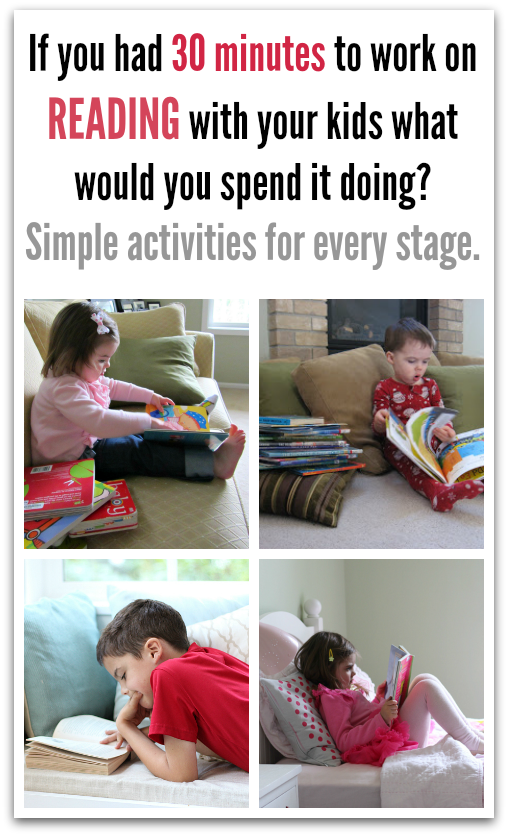
We ask ourselves hundreds of the same questions again and again and again:
What if we took a closer look at his laptop?
What if we had woken up on time that morning?
And if we asked him more often about what is happening in his life?..
We are sentenced to life punishment by these questions.
I hate liars... I hate hypocrisy. But now I have to be hypocritical every day. I go to the supermarket, and the acquaintances I meet ask me:
– How are you?
“Okay,” I answer.
Colleagues at work ask me:
– How are you doing?
“Excellent,” I reply.
And all this is a lie.
Mikhail Monastyrsky - Help the child read online for free
LibKing0007
Here you can read online Mikhail Monastyrsky - Help the child - free introductory passage. Genre: Modern Russian, 2019
Mikhail Monastyrsky - Help the child summary
Help the child0007
Of course, there is a difference between having one's own child and other people's children.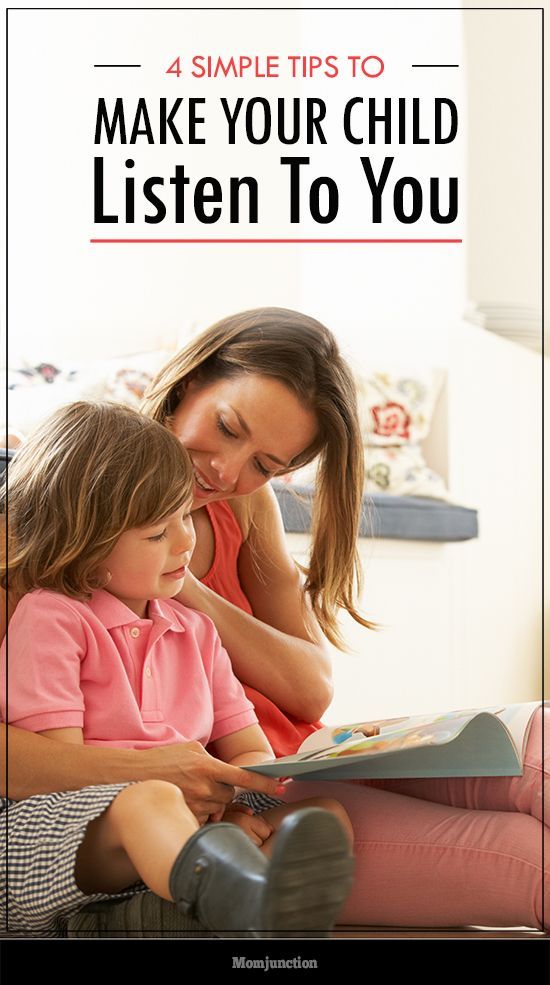 But only until everything in life changes places.
But only until everything in life changes places.
Help the child - read online free introductory passage
Help the child - read a book online for free (introductory passage), author Mikhail Monastyrsky
Font:
↓
↑
GeorgiaGeorgiaTahomaArialVerdanaSymbol
Reset
Interval:
↓
↑
Bookmark:
Make
Help a child
Monastic
- Lucy, who needs other people's children? - laughed at the naivete of his own wife Freddie. - I told him that! So no, he is an idiot, he will still remember me! Don't bite your elbows!
- Freddie, why are you talking about him like that, Klaus - he's your younger brother, he loves you, - Lucy tried to understand her obstinate husband, holding their second eight-month-old child in her arms at that moment. Rosy chest Alfred, without turning his head, listened attentively to the German speech of his parents.
Freddy approached Lucy and snatching the pink Alfred from her hands, continued to argue his categorical disagreement with Klaus' decision:
– Even if they have a big Indian love with this fluffy tail, it is not necessary to marry her with her nine-year-old baby! What little around pretty young girls?
- Freddie, Freddie, how can you say that? - Lucy was perplexed and by force took back the pink Alfred, who began to blush from the loud polemics of his parents.
– What does her unfortunate boy have to do with him, who has never seen his father in his life! Is the child to blame?
– Did I blame him? I'm worried about Klaus, he's just crazy! There are barely enough nerves here with my two! This one,” Freddie jabbed his index finger into the red Adfred’s forehead so that he finally yelled, “has not yet learned to speak, but he screams like a woman around the clock!
- You're touching it yourself! - Lucy was indignant, starting to rock the screaming Alfred in her arms. - The child sat silently! You take care of yourself! Everyone has already given advice!
– At least the elder didn’t yell like this one! When will he get back from his hockey game there? Always hanging out with friends! I should have followed him! - Freddie did not calm down, he needed to yell at his wife. “Henry, Henry, do you have money for Cola?” Ugh! The kid is already fourteen, and you are wiping his ass! Maybe you will give him breast milk instead of Alfred? Ugh!
End of introduction.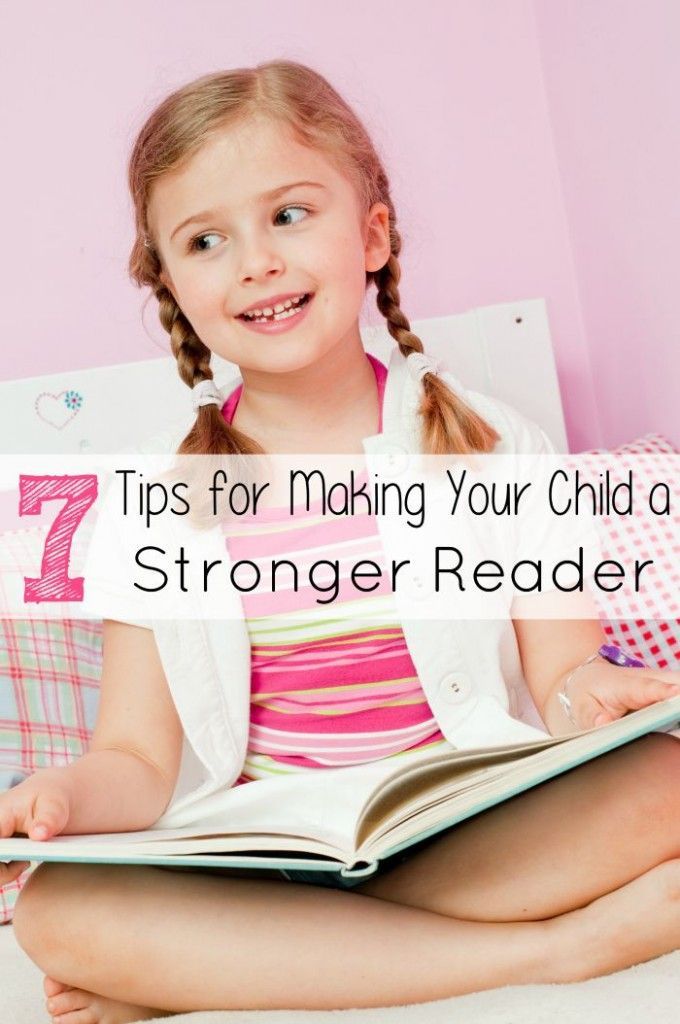
Text provided by LitRes LLC.
Read this book in its entirety by purchasing the full legal version on LitRes.
You can safely pay for the book with a Visa, MasterCard, Maestro bank card, from a mobile phone account, from a payment terminal, in an MTS or Svyaznoy salon, via PayPal, WebMoney, Yandex.Money, QIWI Wallet, bonus cards or another method convenient for you.
Font:
↓
↑
GEORGIAGIATAHOMAARIALVERDANAMBOL
Rate
Interval:
↓
Bookmark:
Do
Mikhail Monastyrsky read all the author's books in order
Mikhail Monastyrsky
Mikhail Monastyrsky - read all the author's books in one place in order in full versions on the LibKing online library website.
Help the child reviews
Readers' comments about the book Help the child, author: Mikhail Monastyrsky. Read the comments and opinions of people about the product.

